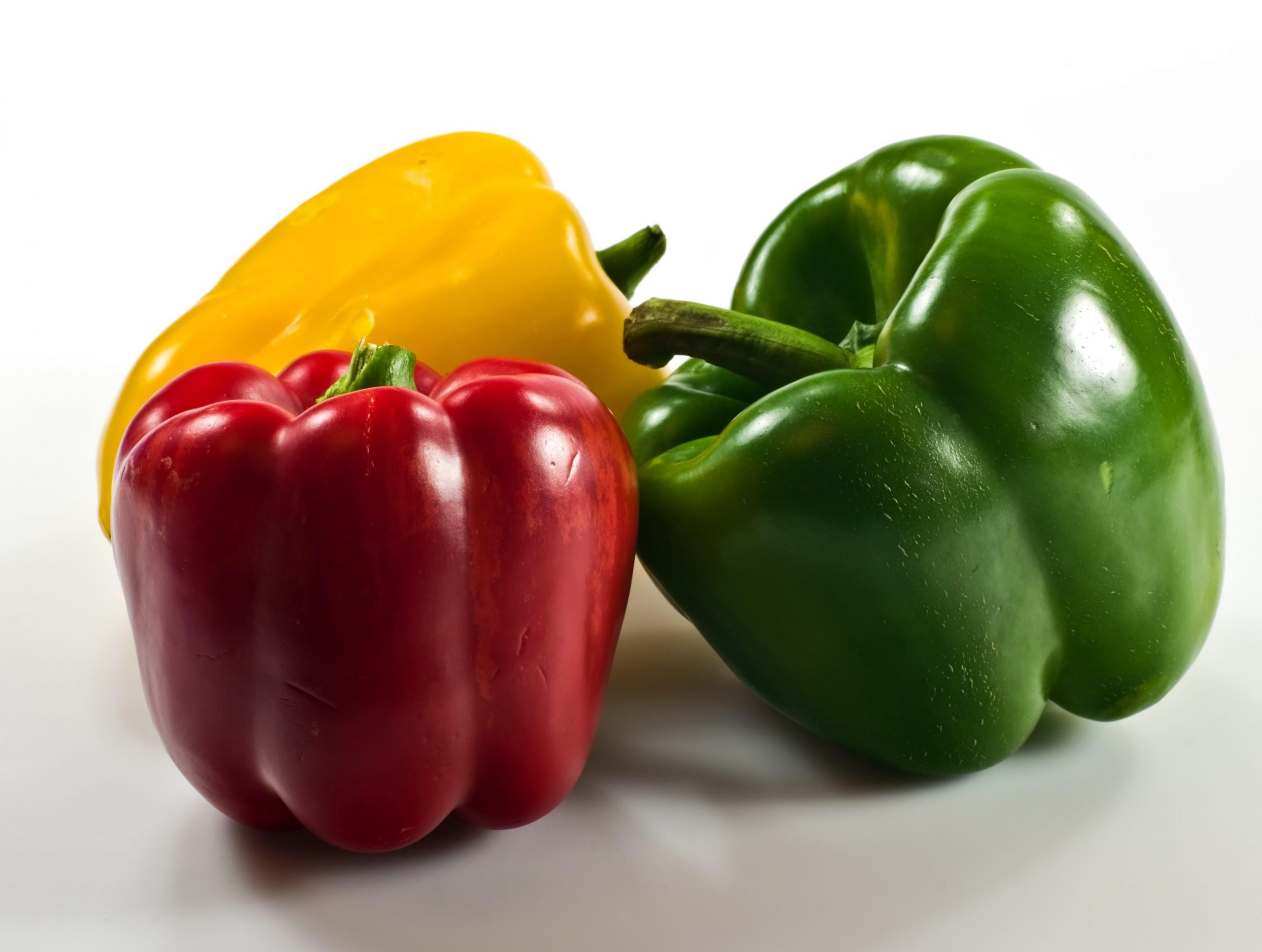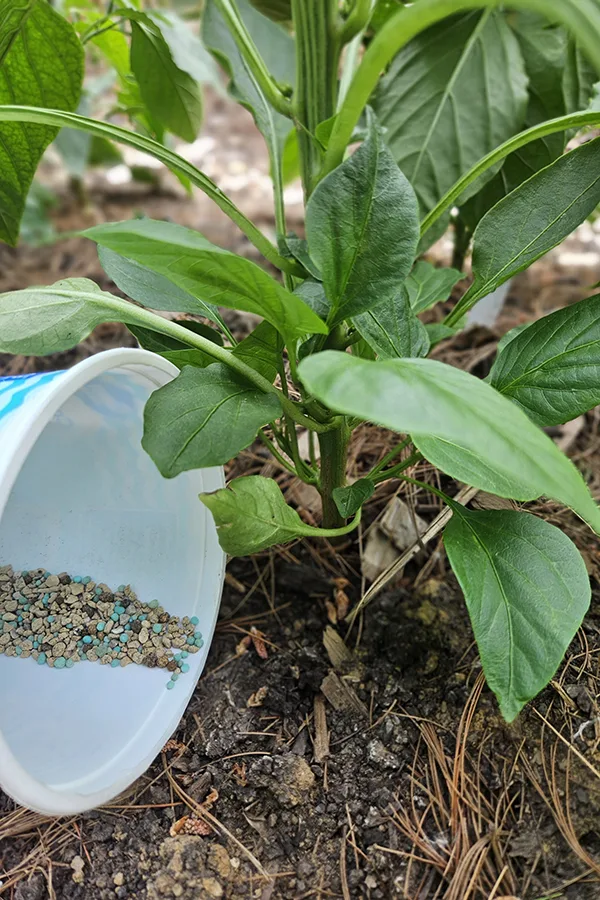Organic Vs. Synthetic Fertilizers: Which Is Best for Supporting Healthy And Balanced Pepper Plants?
In the world of supporting healthy pepper plants, the selection between synthetic and natural fertilizers stands as a critical decision with far-ranging ramifications. While both options aim to offer necessary nutrients to support plant growth, the subtleties of their effect on the soil, plant wellness, and the atmosphere spark a discussion that echoes throughout the gardening neighborhood. Comprehending the distinct benefits and potential challenges of each fertilizer kind is vital for pepper cultivators looking for to enhance their returns while preserving an eco-conscious and lasting approach.
Advantages of Organic Fertilizers
Organic plant foods supply an environmentally-friendly and lasting approach to beneficial pepper plants, providing crucial nutrients without using artificial chemicals. These natural plant foods are originated from natural sources such as garden compost, manure, bone meal, and algae, promoting dirt health and biodiversity. Unlike artificial fertilizers, natural options release nutrients gradually, making certain a balanced and stable supply for pepper plants to grow.
One considerable advantage of organic plant foods is their ability to enhance dirt structure and water retention. By boosting soil wellness, organic plant foods promote valuable microbial activity, which assists in nutrient uptake by pepper plants. In addition, natural plant foods reduce the danger of chemical run-off, protecting water resources from pollution and securing the setting.
Furthermore, organic fertilizers add to long-lasting dirt fertility by advertising the development of valuable soil organisms. These organisms help break down raw material, launching nutrients in a type that is conveniently obtainable to pepper plants. best fertilizers for peppers. By fostering a healthy and balanced dirt community, natural plant foods sustain sustainable pepper growing practices that profit both plants and the atmosphere
Downsides of Artificial Plant Foods
Artificial plant foods, as opposed to their natural equivalents, posture numerous disadvantages when utilized to nourish pepper plants, affecting both plant health and environmental sustainability. One major drawback of artificial fertilizers is their propensity to seep nutrients from the soil rapidly. This quick leaching can cause vitamins and mineral discrepancies in the soil, triggering plants to struggle with deficiencies or poisonings. Additionally, synthetic plant foods can hurt helpful soil organisms, such as earthworms and beneficial microorganisms, interfering with the soil community's balance.
Furthermore, the overuse of artificial plant foods can add to water pollution. Excess plant foods not taken in by plants can get rid of right into water bodies, resulting in eutrophication, where algae blossoms deplete oxygen degrees in the water, harming marine life. Moreover, pop over to these guys synthetic fertilizers are commonly stemmed from non-renewable resources, such as nonrenewable fuel sources, contributing to carbon discharges and ecological deterioration throughout their production.
Nutrient Absorption Comparison
When contrasting synthetic and organic fertilizers in terms of nutrient absorption, organic fertilizers have the benefit of supplying an extra well balanced and slow-release source of nutrients. Organic fertilizers contain a variety of macro and micronutrients that are not just useful for the plants however additionally advertise healthy and balanced dirt microbial task, which aids in nutrient uptake.
Additionally, natural plant foods improve dirt framework and water retention ability, permitting pepper plants to access nutrients more efficiently. This enhanced soil high quality assists in origin advancement, enabling better nutrient absorption. Synthetic fertilizers, although originally enhancing plant development as a result of their high nutrient focus, may impede long-lasting nutrient absorption by degrading soil wellness over time.
Ecological Influence Factors To Consider

On the various other hand, artificial fertilizers, although usually even more concentrated and immediately readily available to plants, can have damaging effects on the setting otherwise applied effectively (best fertilizers for peppers). Their production calls for high energy inputs, leading to greenhouse gas discharges and adding to environment change. The runoff of excess synthetic plant foods can pollute water resources, pop over to this web-site leading to eutrophication and hurting water ecological communities.
Ideal Plant Food Practices for Peppers
To attain this, it is important to follow best fertilizer techniques customized to the certain requirements of pepper plants. One vital method is to do a soil test before using any kind of plant foods.
One more essential practice is to fertilize pepper plants at the right time. Typically, peppers benefit from obtaining plant food at growing and afterwards once again when they start to flower. Over-fertilizing can lead to nutrient inequalities and hurt the plants, so it is important to follow recommended application prices.
In addition, choosing a well balanced fertilizer with an NPK proportion that fits pepper plants' needs is essential. Inevitably, integrating synthetic and organic fertilizers carefully can help nurture healthy and balanced pepper plants while reducing ecological impact.
Verdict

Organic fertilizers use an environmentally-friendly and sustainable method to beneficial pepper plants, offering important nutrients without the use of artificial chemicals. Unlike artificial fertilizers, natural alternatives release nutrients slowly, making sure a constant and balanced supply for pepper plants to prosper.
Artificial plant foods, in comparison to their organic equivalents, posture numerous disadvantages when utilized to nourish pepper plants, affecting both plant wellness and ecological sustainability. When contrasting artificial and natural plant foods in terms of nutrient absorption, natural plant foods have the benefit of giving a more balanced and slow-release resource of nutrients.Additionally, organic plant foods boost soil framework and water retention capability, allowing pepper plants to access nutrients much more effectively.